- Home | Industry Update | India’s Textile Boom Driven By Man-made Fibres: Filatex’...
India’s Textile Boom Driven by Man-Made Fibres: Filatex’s Bhageria
.png)
Over the past 15 years, more than 95% of the growth in India’s textile industry has come from Man-made fibres (MMF) like polyester and viscose, according to Filatex India’s Managing Director, Madhu Sudhan Bhageria. This reflects a global trend where MMF-based clothing now dominates, with over 70% of garments made from synthetic fibres. Meanwhile, cotton production in India has declined and importing cotton has become costly due to high duties and rising demand.
At the global level too, MMF is leading fibre growth. In 2023, worldwide fibre production stood at 124.43 million tons, of which polyester alone accounted for 71.1 million tons. India is currently the second-largest producer of polyester, but China continues to hold the top spot with a huge gap, producing nearly 8 to 9 times more than India. This shows both the potential and the challenge for India in catching up.
One major hurdle for India’s MMF sector is the lack of domestic production of PTA (purified terephthalic acid), a key raw material for polyester. Indian manufacturers often import PTA from countries like Taiwan and South Korea, which increases costs and reduces competitiveness. New PTA plants are under development, and by 2027, India may become self-reliant, which would help lower costs and boost exports.
Despite these challenges, India’s MMF exports are projected to grow by 75% by 2030, reaching $11.4 billion. Filatex has already expanded to more than 40 countries, although pricing disadvantages have slowed exports. Bhageria emphasizes that government support will be crucial, he suggests lowering PTA import duties, streamlining classification issues (since MMF is treated as a chemical until it becomes yarn), and even setting up a dedicated ministry for MMF. Experts agree that India must upgrade its technology and supply chains to compete globally and fully tap into the MMF opportunity.
11:09 AM, Aug 28
Source : India’s Textile Boom Driven by Man-Made Fibres: Filatex’s Bhageria






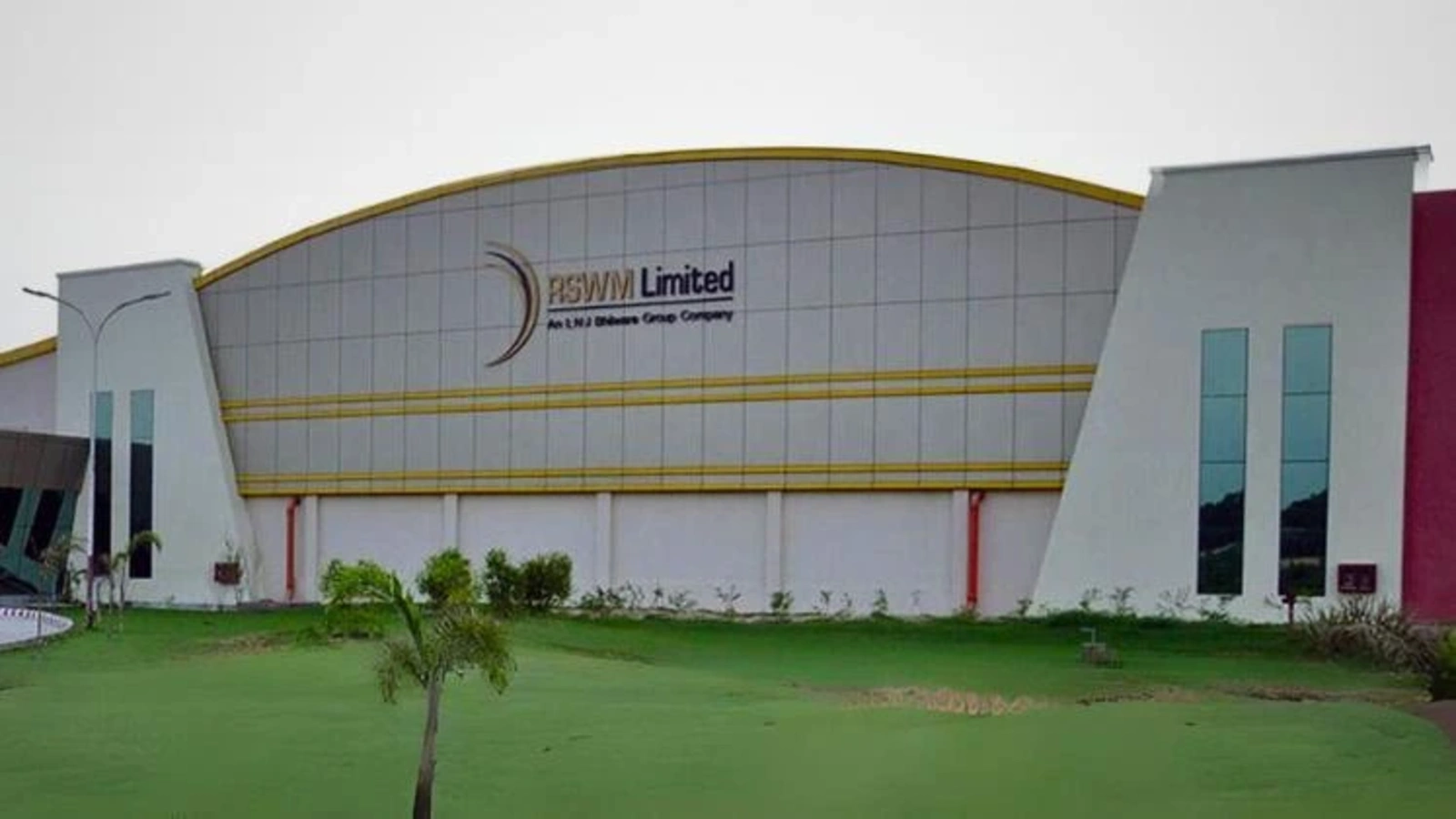




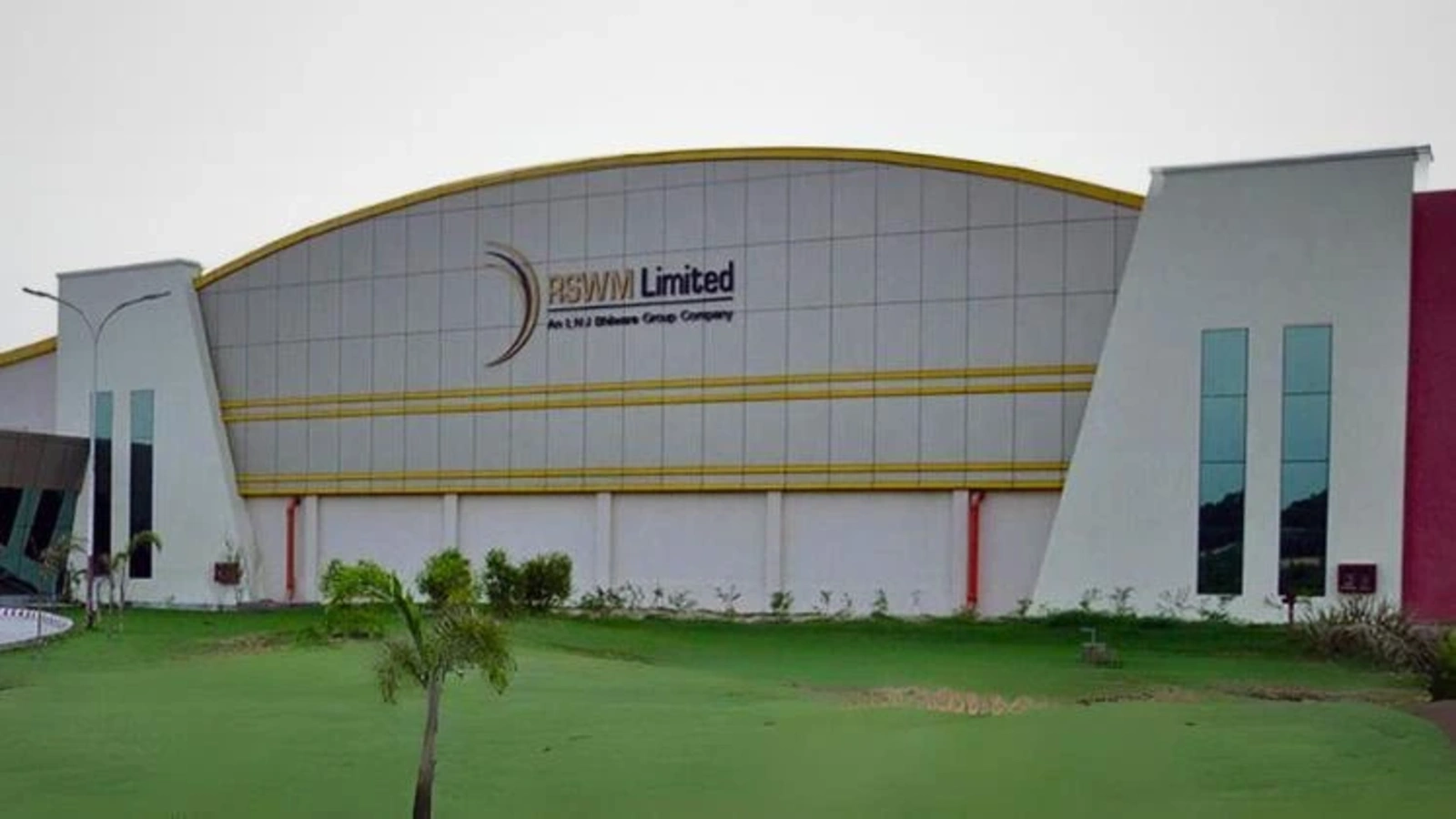
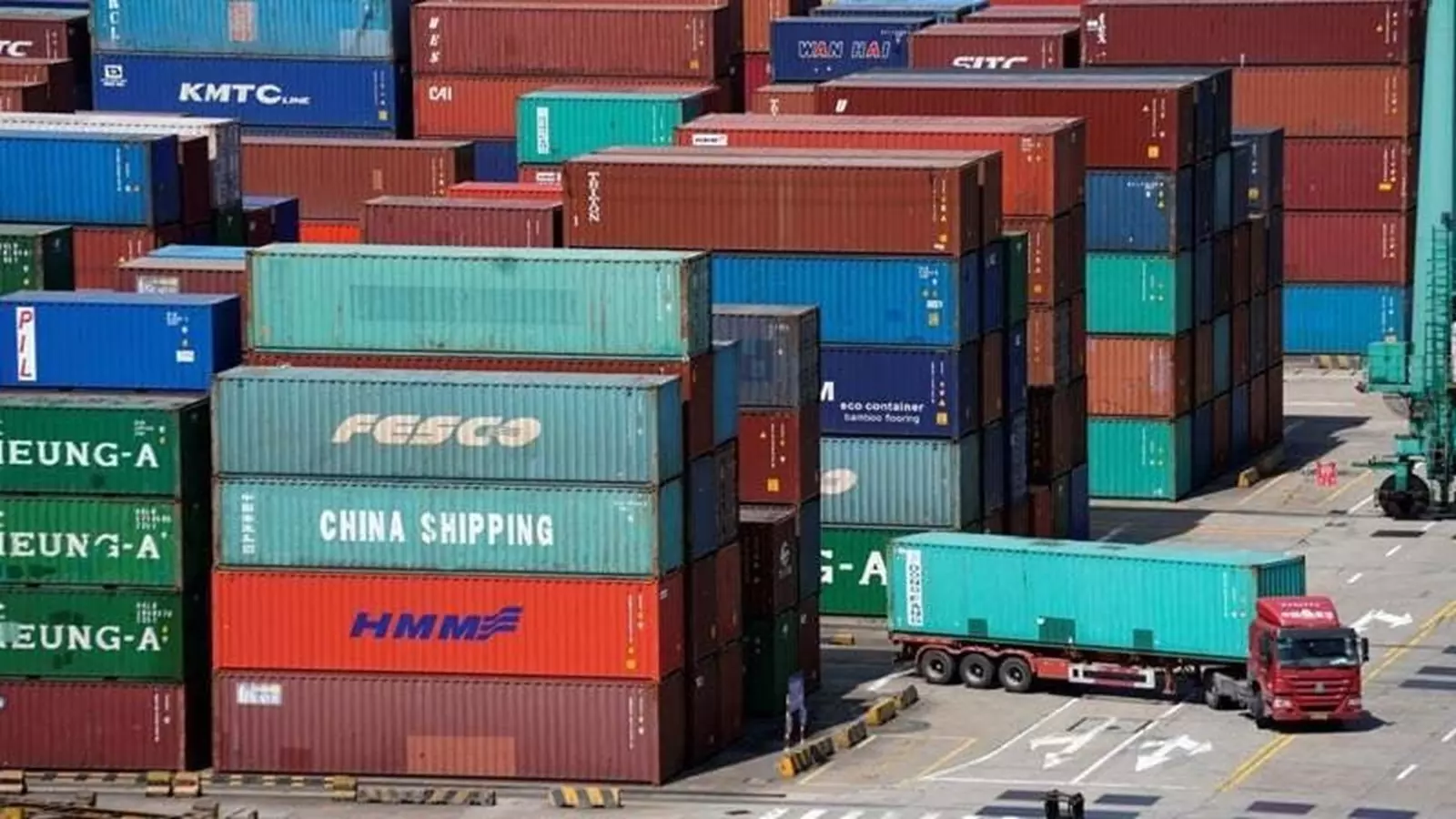
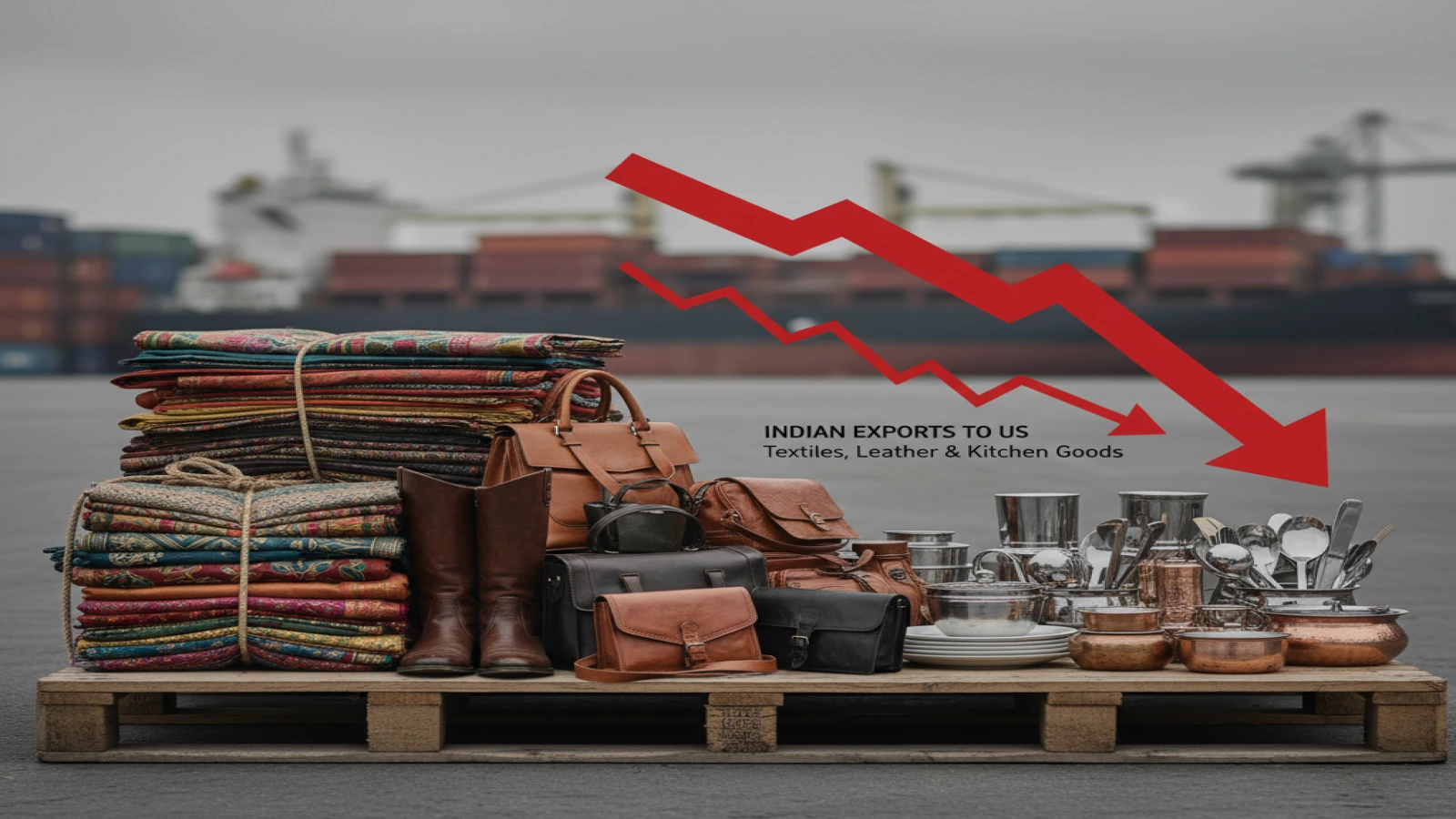
1.webp)








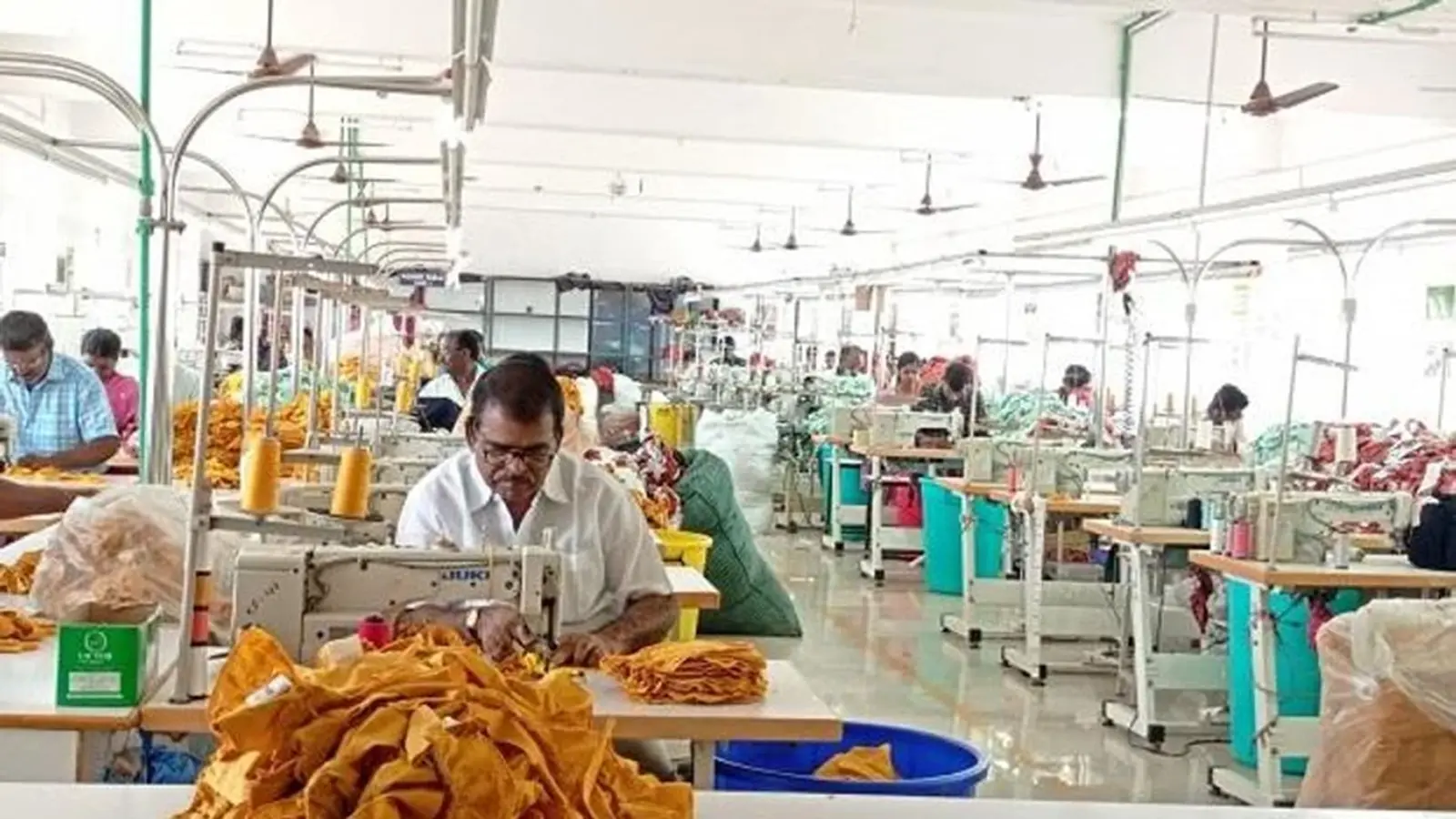



1.webp)

1.webp)


























.webp)














1.webp)
1.webp)


















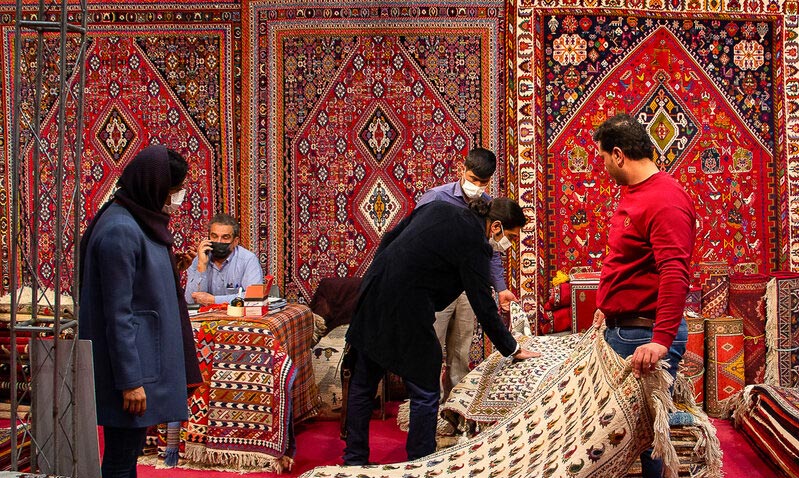








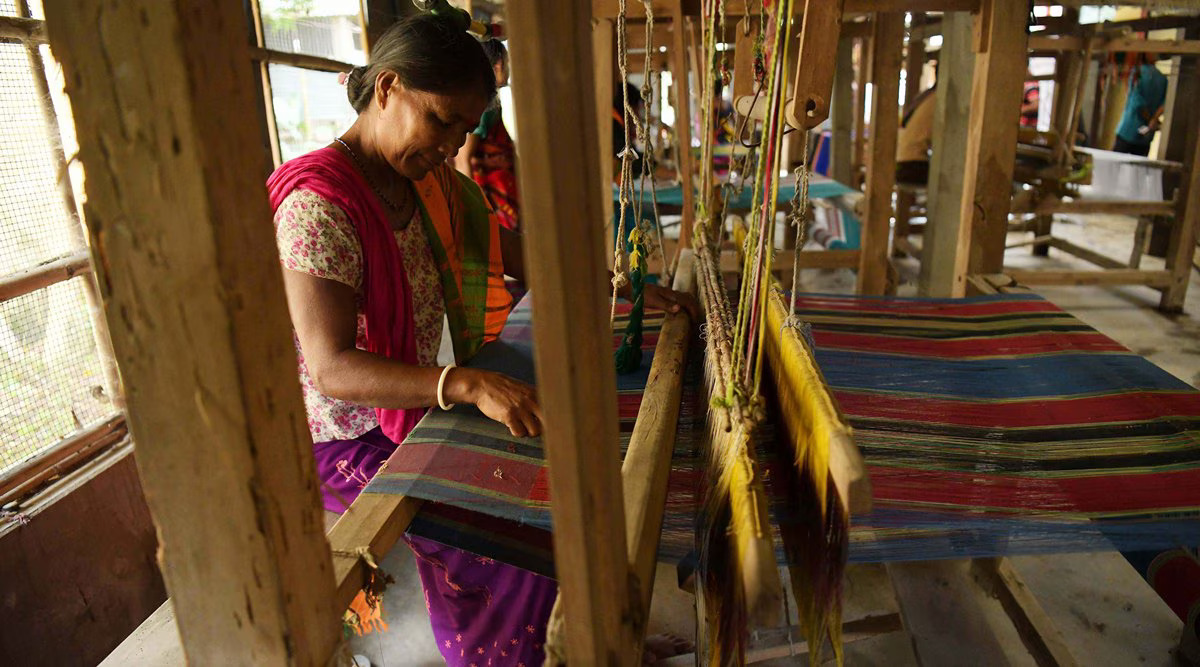



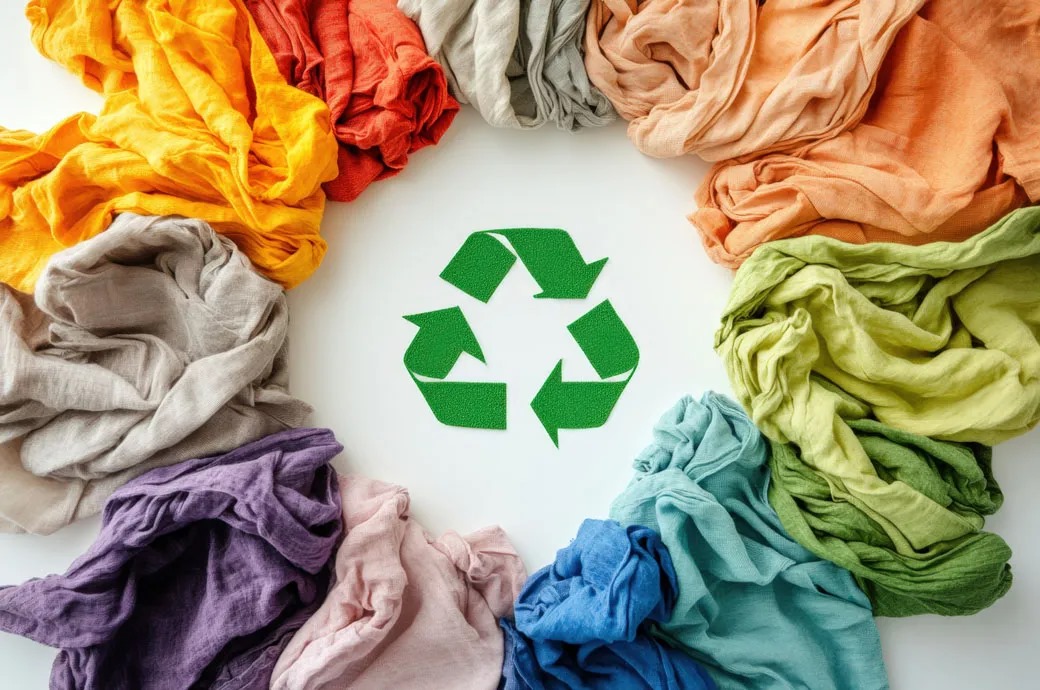










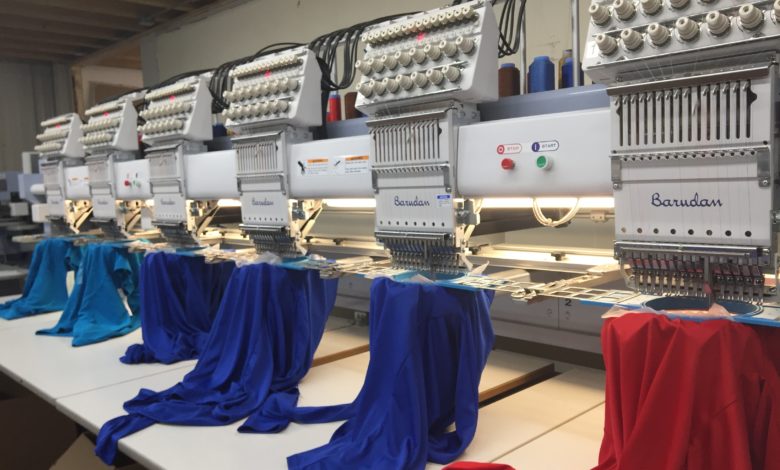













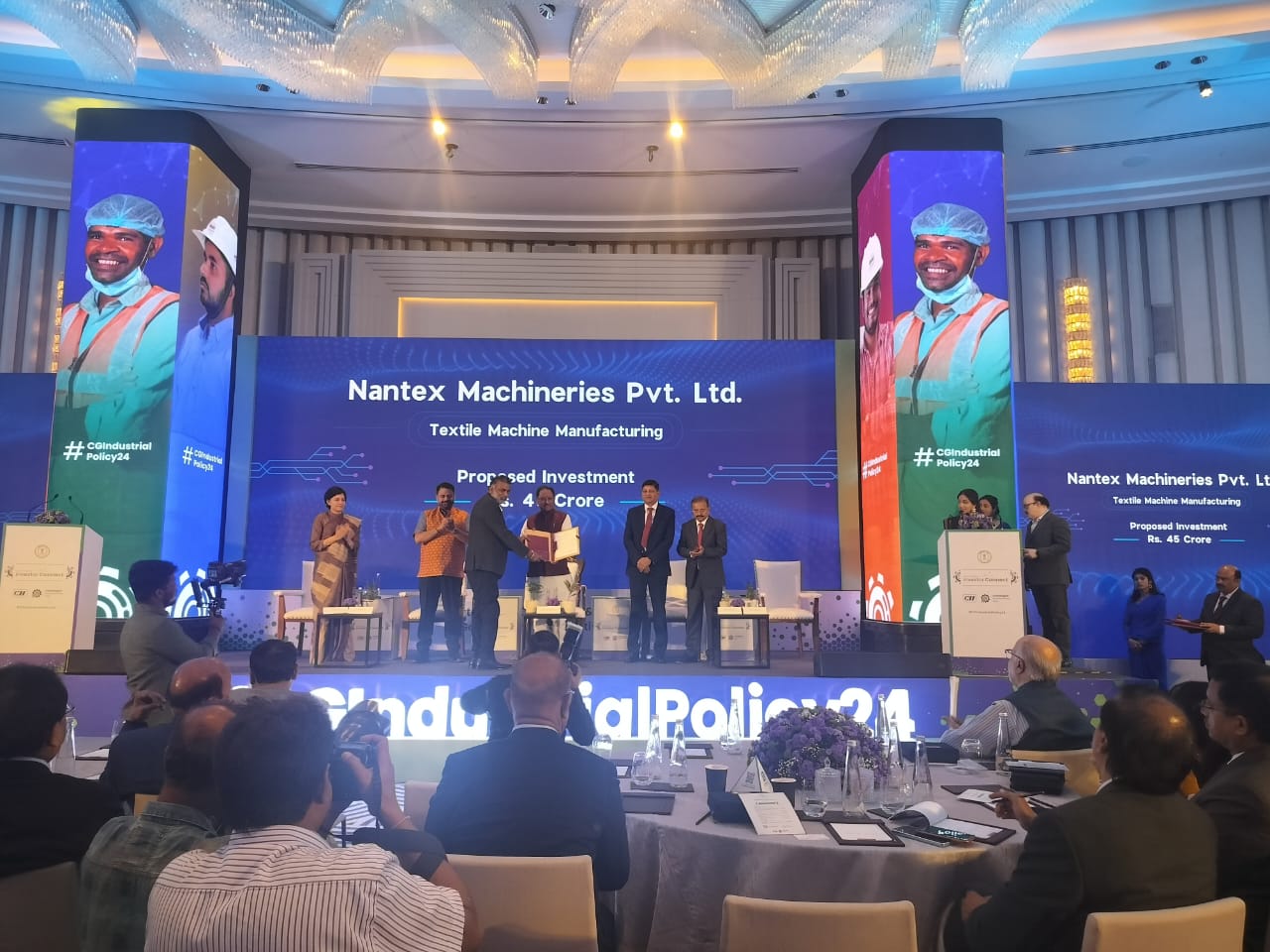






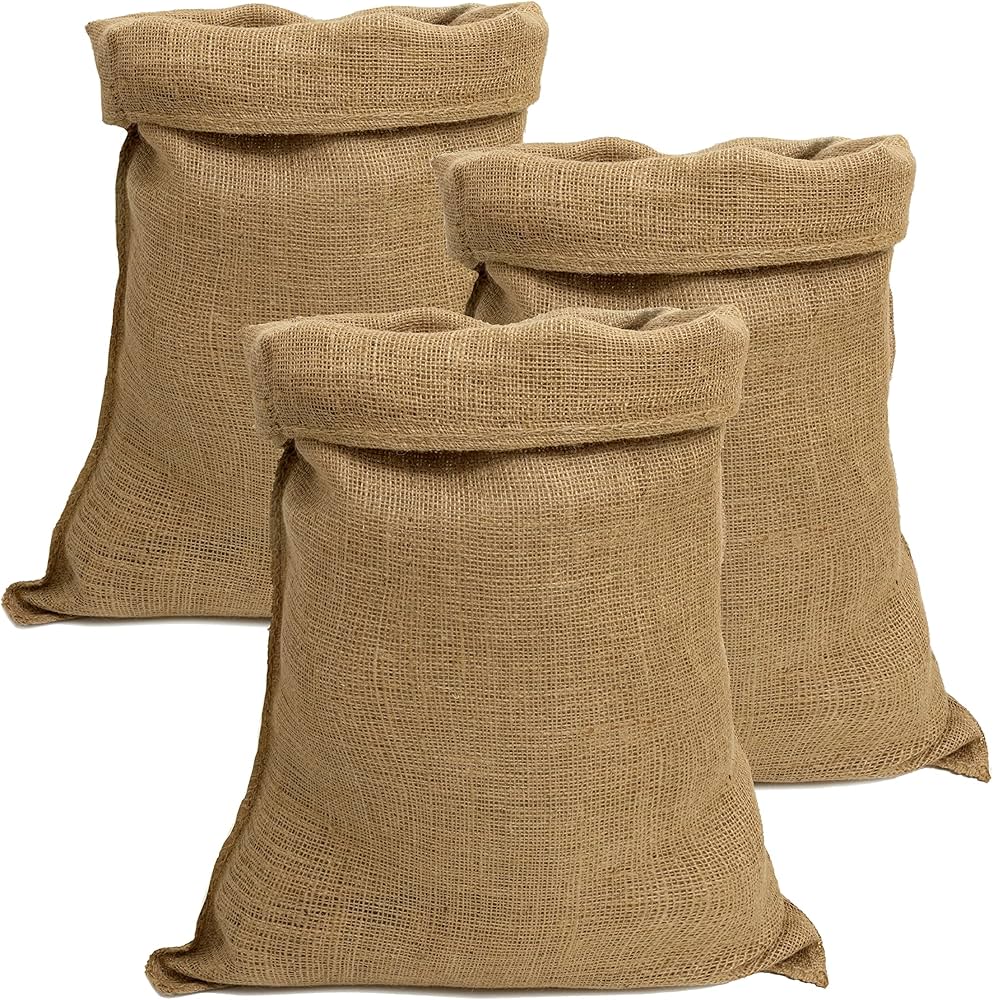




.png)




.jpg)









1.jpeg)
